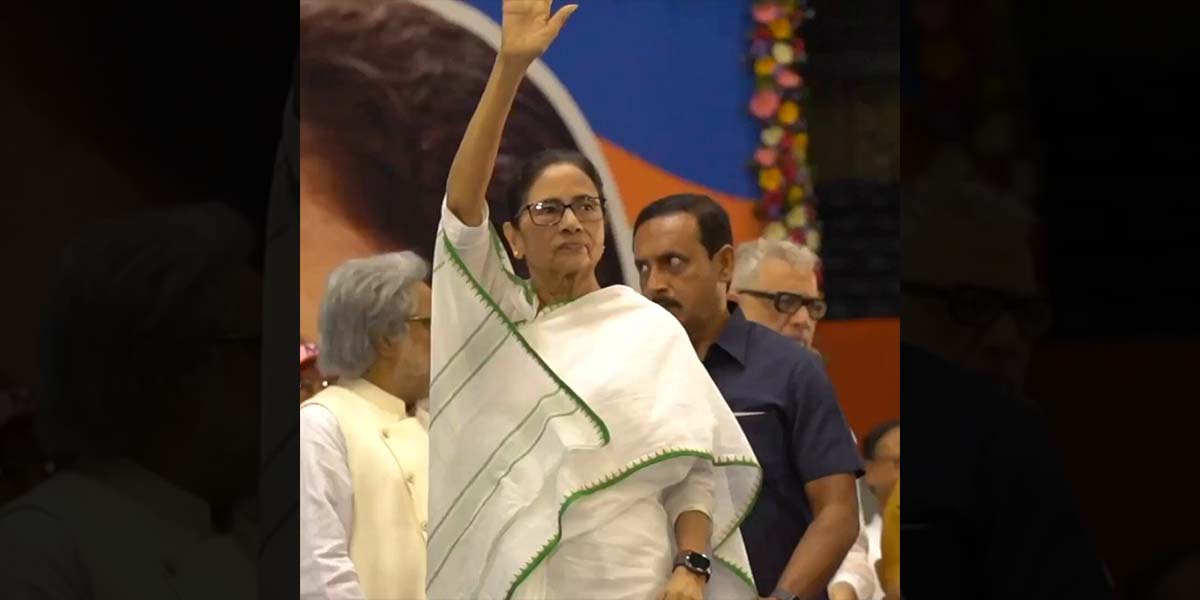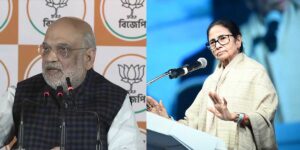In a throwback of sorts to his clash with TMC supremo Mamata Banerjee that had marked his didi-oh-didi campaign in the last West Bengal assembly election, incumbent CM made a personal jibe about PM Modi’s estranged wife setting off a vicious cycle of personal attacks. A controversy apparently erupted following PM Modi’s rally in Alipurduar on May 27, where he, without naming Mamata, had sharply criticised her government and the TMC. In response, Mamata at a presser called out Modi’s “politicisation of Operation Sindoor”. She transgressed the political line with a personal jibe: “Remember that every woman has respect. They take sindoor from their husbands… Modiji is talking this way. You are not every woman’s husband… why don’t you give sindoor to your Missus first?” Apparently Mamata attacked Modi on the basis of unfounded media reports that BJP was going to distribute sindoor to women. Later, realising the inappropriateness of her comment, she immediately apologised while blaming Modi for provoking her. “I am sorry to say this. I shouldn’t get into all this. But you are compelling us now to open our mouths.” Instead of accepting Mamata’s apology, BJP’s State unit chief Sukanta Majumdar and LoP Suvendu Adhikari launched a coordinated retaliation that targeted not just Mamata’s alleged personal conduct but also her humble origins and socio-economic background. The situation reached a disturbing climax in Chinsurah, Hooghly, where BJP women workers forcibly applied sindoor on female police officers who were trying to disperse their protest. The incident drew criticism even from within the BJP’s own state unit. The episode highlights how personal attacks and identity politics have increasingly dominated Bengal’s political landscape, with both major parties crossing traditional boundaries of political propriety and raising serious questions about the health of democratic discourse in the state.

 Politics
Politics Business
Business Entertainment
Entertainment Sports
Sports Celebrities
Celebrities





